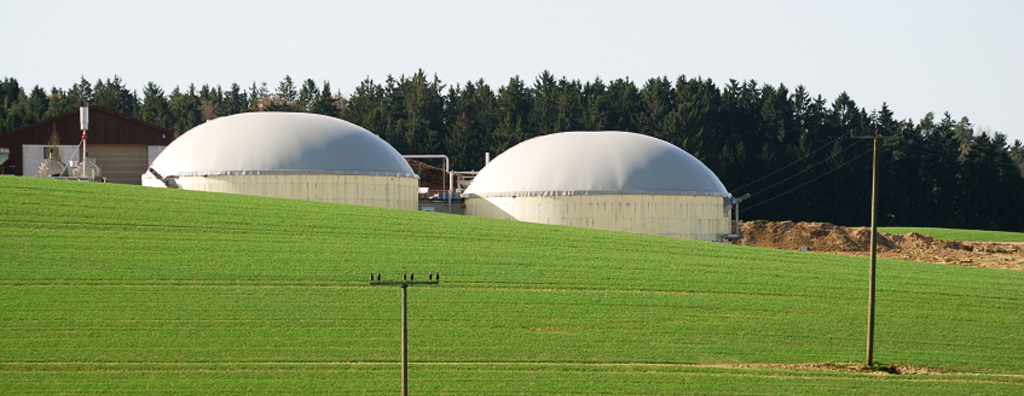
Harmonizing the Proposed Clean Power Plan with Oregon’s Existing Law and Policy
On June 2, 2014, the U.S. Environmental Protection Agency (EPA), under President Obama’s Climate Action Plan, proposed a plan to cut carbon pollution from power plants titled “Carbon Emission Guidelines for Existing Stationary Sources: Electric Utility Generating Units” (EGUs) and more commonly referred to as the Clean Power Plan. In this action, the EPA proposed emission guidelines for states to follow in developing plans to address GHG emissions from existing fossil fuel-fired EGUs. As proposed, the EPA intends for this rule to continue progress already underway in reducing carbon dioxide emissions from existing fossil fuel-fired power plants in the United States.
Executive Summary
While waiting for the EPA’s final ruling on the Clean Power Plan, expected sometime this summer, lets take a look at the contents of The Clean Power Plan, and what it will mean for Oregon.
The Clean Power Plan is a call to action. It is a mandate requiring states to significantly reduce their GHG emissions from existing fossil fuel-fired EGUs. However, existing fossil fuel-fired EGUs are only a small percentage of the major GHG emitters. Therefore, although the call to action is significant, the Clean Power Plan is confined to the boundaries of the Clean Air Act (CAA) §111(d) and therefore inherently limited.
As a state, Oregon faces the great challenge of reaching a GHG emissions reduction goal of 75 percent below 1990 levels by 2050. This is a significant goal, and one that is affected by various GHG emitters. According to Oregon’s Department of Environmental Quality, four sectors comprise 85% of Oregon’s total GHG emissions. These sectors include transportation, electricity, natural gas and industrial sources.
Amongst the varying GHG emitters, the electricity sector contributes less than ¼ of the total emissions produced by Oregon. As such, it is clear that although the Clean Power Plan takes a significant step in reducing carbon emissions, it is limited in scope as it applies to EGUs alone. In the context of all the GHG emitters contributing to climate change, EGUs are just one of many. Subsequently, the Clean Power Plan by its very nature is insufficiently equipped to achieve Oregon’s statewide 2050 GHG emission reduction goals, which requires GHG reductions beyond those produced by EGUs.
In light of the Clean Power Plan’s aggressive but refined requirements, and Oregon’s more comprehensive and progressive GHG emission goals, Oregon must draft a state plan that harmonizes the Clean Power Plan’s requirement with the state’s existing emission reduction efforts and goals. The state’s plan must grant ease and flexibility in pursuing their larger GHG emission reduction goals through contributory and additional efforts. Ultimately, the plan must be one that guarantees the future success of attaining Oregon’s more comprehensive climate and energy policies.
The Climate Trust believes that a state plan comprised of the following components, among others, establishes a strong plan of action to achieve compliance with the Clean Power Plan and goes beyond to support a stronger future for Oregon:
- Biogas Facilities: Biogas facilities must be utilized as a viable, efficient component that is available for immediate application. Biogas facilities not only prevent the release of methane—a potent GHG—at the source, but also create renewable energy (R/E) credits through the biodigester process. These R/E credits contribute toward Clean Power Plan compliance and beyond, including Oregon’s Renewable Portfolio Standard (RPS) and the state’s greater 2050 GHG emission reductions goals.
- Mass-Based Emissions Performance Goal: Electing a mass-based emission reductions goal provides significant flexibility at three levels: for the individual EGU’s subject to the Clean Power Plan; the state—in the instance that Oregon chooses to pursue a multi-state approach and/or elects to link to an external emission trading program; and lastly, grants ease in achieving Oregon’s overall GHG emission reduction goals beyond the electric sector.
- Portfolio Approach: Implementing a portfolio approach now, which allows for shared responsibility, establishes precedent and ease in transition for future shared responsibility in the pursuit of Oregon’s more inclusive GHG emission reductions pursuit.
Although it is clear that carbon offsets cannot be utilized by a state to reach its prescribed carbon emission reductions levels under the proposed Clean Power Plan, significant opportunity remains in utilizing carbon offsets under a mass-based approach at the statewide level. In the context of Oregon’s statewide 2050 GHG emission reduction goal, carbon offsets should continue to be utilized as an effective, essential, and necessary component in the suite of mechanisms contributing to the overall reduction of GHG emissions.
In conclusion, a state plan comprised of these three components not only suffices to meet the proposed Clean Power Plan requirements, but advances state plan components that provide a more inclusive and comprehensive approach in Oregon’s overall emission reduction efforts. A state plan with these components, along with others, supports a stronger future for Oregon.
Read on for the full report findings.